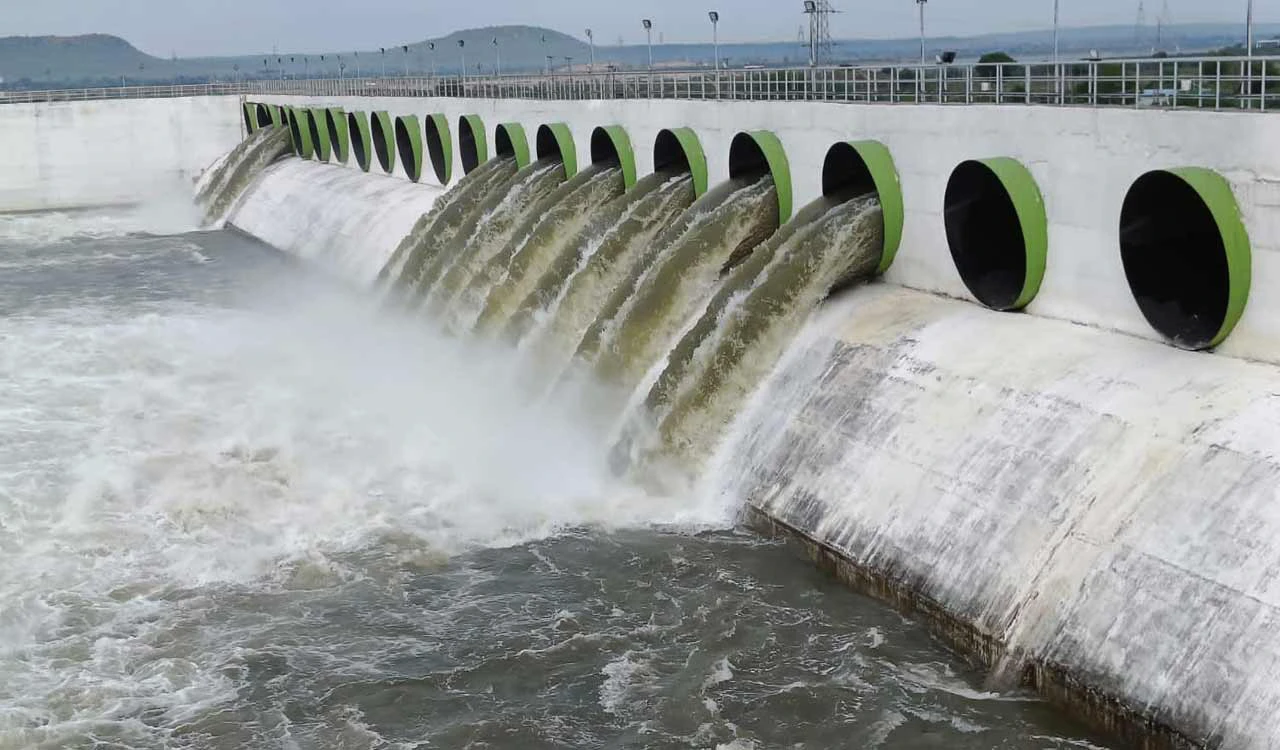Telangana Assembly began debating the 665-page Ghose Commission report on KLIP, which alleges lapses by former CM K Chandrashekhar Rao, ministers, and officials in planning, construction, and maintenance of three barrages.
The report recommends legal action and recovery of Rs 677.67 lakh
Hyderabad: Discussion has begun on the 665-page report of the Justice Pinaki Chandra Ghose Commission, tasked with investigating alleged irregularities in the Kaleshwaram Lift Irrigation Project (KLIP), which was tabled in the House on Sunday. The report, which accuses former Chief Minister K Chandrashekhar Rao of lapses in the planning, construction, completion, operation and maintenance of the project’s three key barrages, Medigadda, Annaram and Sundilla, was earlier dubbed a “politically motivated” one by the BRS, which has already moved the High Court against the report, citing procedural lapses on the part of the Commission.
The commission has alleged procedural, financial and technical issues in the project, accusing Chandrashekhar Rao of making decisions bypassing Cabinet approvals and ignoring expert recommendations, including advice against constructing the Medigadda barrage due to high costs and time constraints. The report also claimed that the then Irrigation Minister T Harish Rao issued ‘random instructions’, while the then Finance Minister Etala Rajender was described as ‘apathetical’ toward the State’s financial health.
Construction defects have also been alleged, including permeable foundations and inadequate quality controls, which the Commission says led to structural failures, such as the sinking of piers at the Medigadda barrage in October 2023. The Commission accused the K Chandrashekhar Rao government of issuing completion certificates to contractors, including L&T, Afcons and Navayuga, who were held liable for defects and recommended to bear repair costs.
The report also held several IAS officers and engineers accountable, including the then Chief Secretary SK Joshi, the then Secretary to the CM Smita Sabharwal and former Engineer-in-Chief C Muralidhar Rao, accusing them of suppressing information. The Commission has recommended legal action against these officials and the recovery of Rs 677.67 lakh paid to WAPCOS, whose report was disregarded.
“The political executive lays down the policy of the government, and it is the executive who is responsible for implementing such policy of the government. However, from the facts and circumstances referred to above and from the record before this Commission, a different factual position has emerged… While the then Minister for Irrigation gave instructions at random and the Minister for Finance and Planning conducted himself apathetically towards the finance and economic health of the State, it is the then Chief Minister who can be directly and also vicariously made accountable for the irregularities and the illegalities in the planning, construction, completion, operation and maintenance of the three barrages. However, it is for the government to examine and take action against them, if any, in accordance with law,” the report says.
